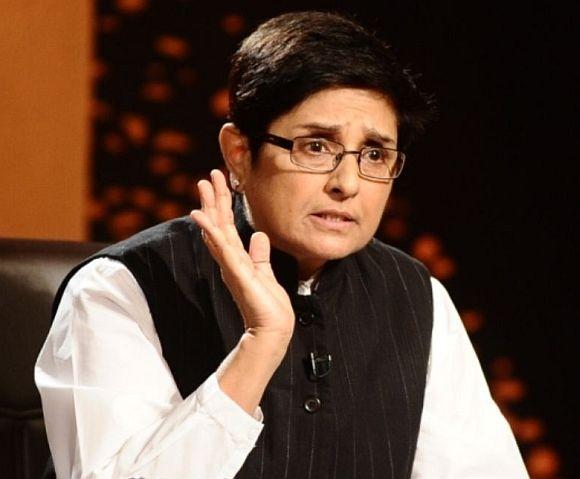
Kiran Bedi, retired police officer and now a prominent social activist, feels that the police have become more of a 'fire fighting force'.
Stating that the recent brutal assault and rape of the 23-year-old paramedical student in Delhi was a 'preventable crime', Bedi stresses on evolving community police systems, which would in turn exert social pressures on known criminals and keep a check on crime.
In this email interview with rediff.com's Priyanka, Bedi talks how police action alone cannot curb crime in the society. It should rather be a collective effort involving 6 Ps -- people, police, politician, prosecution, prisons, press
How could the Delhi Police have avoided the recent brutal gang rape?
Crimes happen, but some are preventable. This gang-rape falls in the category of preventable crimes.
To prevent crimes, one has to follow a crime prevention plan. I am not sure if one such plan exists on paper or of it is followed by Delhi's 170 police stations.
Certain crimes cannot be prevented unless there is a daily collective work done diligently.
You have spoken about corrective policing and beat system. Could you elaborate? Do you think that the beat system can work given that the Delhi Police is under-staffed and is often pulled off for other duties?
Without a beat officer system there can be no crime prevention or supportive investigation. This is the very foundation of sound policing. It is the beat officer who connects with the common man on a daily basis and is the five senses of his area. Without this system in place, I see the police as a fire-fighting force, which it has become today.
...
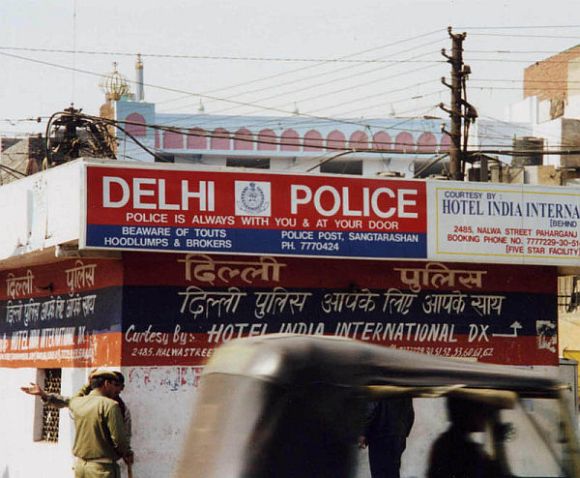
You claimed that the gang-rape was a result of the beat system's failure. According to you, Ram Singh (accused in the gang-rape case) was already a neighbourhood hoodlum who should have been under the police scanner. Would it have deterred him from carrying out more serious crimes?
Yes. The beat system means knowing who is who and who is where, which includes anyone with a past record or with a bad reputation.
People tell, you check. You warn him and devise credible community police systems that bring him under social pressure. Or else, there are laws and rules for working with him.
We did this in thousands! And these work. Read my book, I dare, for concrete examples.
In your opinion, what steps ought to be taken to make the police sensitive towards physical and sexual violence against women? How would having more number of women police personnel help? And is that enough?
What's the use if you pack the police with women but not deploy them well or give a free hand to register crime? Every system needs constant renewal. It calls for sensitive leadership -- one which focuses on the common man no less than it does for the VIP. Unless this priority gets balanced, packing the force with women will not change.
What kind of help and assistance do the police need from the government, citizens and the bureaucrats and the judiciary to deliver better policing?
I have been proposing a 6-P crime prevention plan -- People, Police, Politician, Prosecution, Prisons, Press.
Police comes in the centre. If people take up the community exercises responsibility and abide by the law, the pressure on policing is reduced. If the politician legislates and enables due resources policing becomes effective. If the prosecution expedites justice the fear of law is increased. If prisons work on reforms, it stops recycling of criminals. If the press and film industry play their due roles -- not demeaning the woman's dignity -- it checks pollution of minds.
...
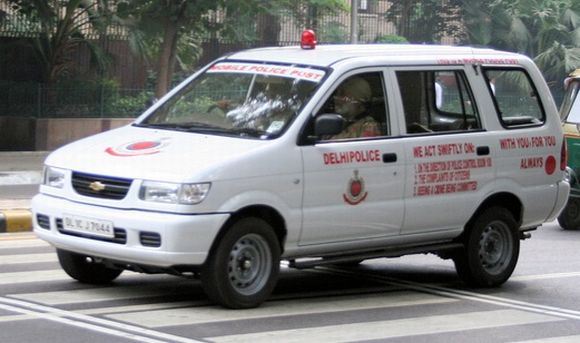
How do you rate interference from the political and bureaucratic class in the working of the police?
Police reforms have not happened because of these two classes (political and bureaucratic). Both do not want to lose control over the police. I have seen this directly. I am witness to it as director general of the bureau of police research and development.
Ideally, what issues should police reforms address?
Reforms should address three key issues -- 1) Insulation of top leadership from political and bureaucratic interference; 2) Independent social audit of police performance to make it recognize the common man's presence #8743 3) Implement the Supreme Court judgment of 2006 that provides for key police reforms.
Why is prevention of rapes and sex crimes in the city a low priority for the police? Is it because of lack of adequate resources or that such initiatives are not driven from the higher-ups?
The police service is basically meant for VIP security, riot control, and fire-fighting against terrorism. Not common man's policing. As long as its focus and priority does not change nothing else will matter.
Of course, it is desperately in need of resources. It is actually in need of perspective planning rather than living on yearly resources that too of states, which in itself is in deficit.
...
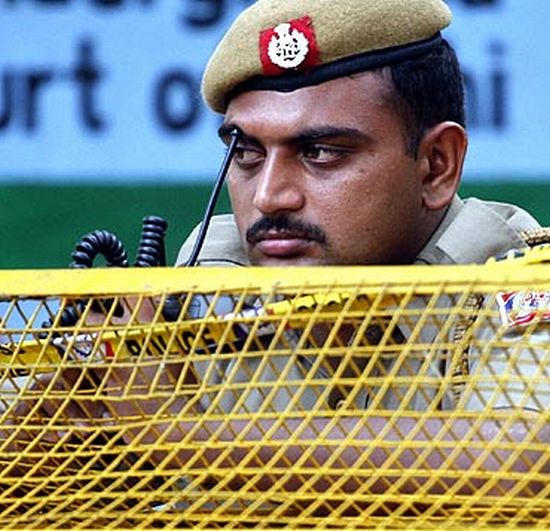
Have not gender-sensitisation programmes been around for some time, at least in some districts? Why have they not brought about the changes they were expected to? Why have they been restricted to mere classroom-coaching and are not part of actual police action?
Unless followed by sincere policies and practices, training is of diminishing value. Words have to match the deeds of the seniors.
Do you feel the police should play more of a proactive role in prevention of a crime by engaging with the society and educating them about rape and violence?
Totally! Crime prevention has to become a first priority. But we consider crime prevention as soft work and do not award it. And it is best done in collaboration with the community.
There are many people who fear getting entangled in false police cases. Many fear entering police stations to file FIRs. How and why did the police come to become a fearful institution?
That's because it (the police) does not invoke trust. Experience with the police when not responded drives people away.
Many police personnel, especially at the lowest levels, work in very harsh situations. Their place of work is not well kept. They don't have a place to stay and are not able to go home for long periods. How important is the emotional and psychological well-being of a police constable? How does it affect his conduct with the common man?
The police force living conditions are appalling. Less said the better. This is not an issue for anyone. We have a demoralised, tired and physically unfit police force.
The three biggest problems that an average policeman struggles with are lack of leadership, poor equipment and over worked.
...
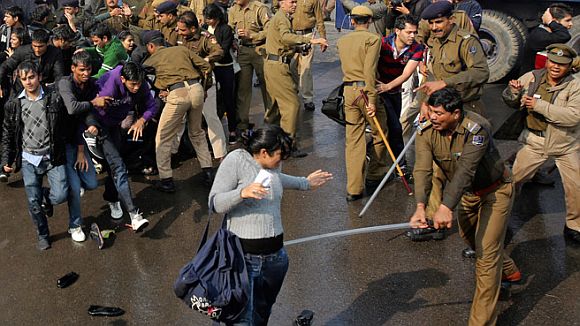
If you were offered to train the Delhi Police, what are the five issues you would seek to change and why? You have also offered to teach young police commissioners about how to use the beat system. Could you elaborate?
I shall begin with formulation of a crime prevention plan after consultation with all the stakeholders, including community representatives. Then break it up into areas of responsibility; orient them on how to implement the measures. Then I will go about overseeing the implementation and removing any obstacles in its enforcement. I will visit a police station daily to review its performance and share observations for others to benefit.
During the police crackdown at India Gate, Delhi Police hurled verbal abuses at women and hit them with lathis. A social activist commented that if the police cannot differentiate between thugs and peaceful protesters, it can at least differentiate between men and women. What part of police training imparts chasing women with lathis?
None! It was an uncalled for action. It was probably done under external compulsions. This is not my good-old Delhi Police!
...
...